China slams US sanctions, says it has 'no right' to meddle in ties with Russia
China has slammed Washington’s move to impose sanctions on Beijing over its decision to purchase Russian missile systems and fighter jets, saying the US has “no right to interfere” in relations between two sovereign countries.
Chinese Defense Ministry spokesman Wu Qian condemned the US sanctions in a Saturday statement, warning that the United States would face “consequences” if it did not immediately revoke the bans.
“The US approach is a blatant violation of the basic norms of international relations, a full manifestation of hegemony, and a serious breach of the relations between the two countries and their two militaries,” said Wu in a notice posted on the ministry’s official Wechat account.
The US State Department imposed the sanctions on Thursday against China’s Equipment Development Department (EED) – the branch of the military responsible for weapons procurement – for engaging in “significant transactions” with Russia’s major weapons exporter, Rosoboronexport.
The sanctions are aimed at blocking the EED and its director, Li Shangfu, from the possibility of applying for export licenses and participating in the US financial system.
According to the State Department, the sanctions on Beijing are linked to its decision to purchase 10 Russian SU-35 fighter jets in 2017 as well as S-400 surface-to-air missile system-related equipment in 2018.
The Trump administration is engaging in a variety of methods to exert pressure on both Beijing and Moscow for alleged meddling in the upcoming US midterm elections, in which the ruling Republican Party is widely predicted to lose control of both houses of Congress in a major blow to Trump.
The US has also called on India to reconsider plans to purchase advanced missiles from Russia and instead switch to American weapons systems, touting the “strategic importance” of the relationship between Washington and New Delhi.
“If we want to see that continue and I think both we and our Indian friends want to do that, then it’s incumbent on us to give them the best case and hopefully that will engender a willingness on the part of the Indian government to think about our systems as they go forward in their procurement,” said principal deputy assistant secretary of the State Department’s Political-Military Affairs Bureau, Tina Kaidanow, back in June.
India and Russia reportedly concluded price negotiations for procurement of five regiments of Russian-made S-400 advanced air defense systems last month.
The final contract is expected to be signed during a summit meeting between Indian Prime Minister Narendra Modi and Russian President Vladimir Putin in October.
The US has also condemned Turkish government’s plans to purchase Russian S-400 air defense system and has halted the delivery of its F-35 fighter jets to its long-time NATO partner and ally.
Top US Air Force general in Europe and NATO Allied Air Commander Tod Wolters declared in July that Ankara’s decision to purchase the S-400 systems would give the advanced air defense shield deep insight into the US radar-evading F-35 fighter jets arriving in increasing numbers in Europe.
“Anything that an S-400 can do that affords it the ability to better understand a capability like the F-35 is certainly not to the advantage of the coalition,” he added.
The US general further stated at the 2018 Chief of the Air Staff’s Air Power Conference in London that the issue was worrying, adding that he was working to maintain strong military ties with Turkey for the time being.
Washington and NATO officials strive to prevent the sophisticated Russian-built anti-aircraft weapon system from collecting information about the US-made all-weather stealth multirole warplanes, technically known as the Lockheed Martin F-35 fighters, just as they are gaining a foothold in Europe.
Iran asks Turkish officials to avoid making incorrect remarks
OPEC+ to raise output for first time since 2022: Report
VIDEO | Reviving Gaza mosque
Grossi stresses IAEA pursues constructive relations with Iran
Editor of Pulitzer Prize-winning US newspaper fired over cartoon deemed ‘antisemitic’
Hamas: Second phase of Gaza ceasefire ‘sole way’ to free Israeli captives
Iran signs into law its free trade deal with EAEU
One dead, several injured as car rams into shoppers in Mannheim: German police


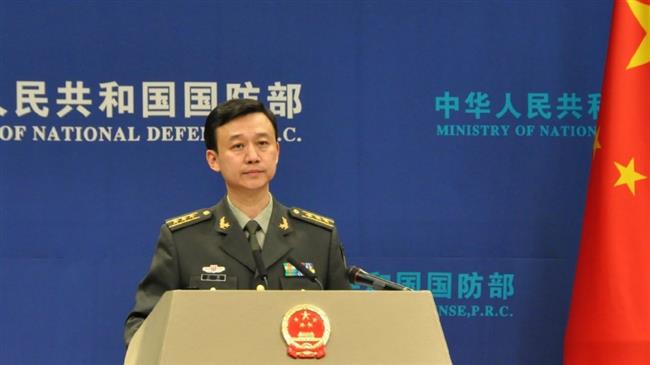



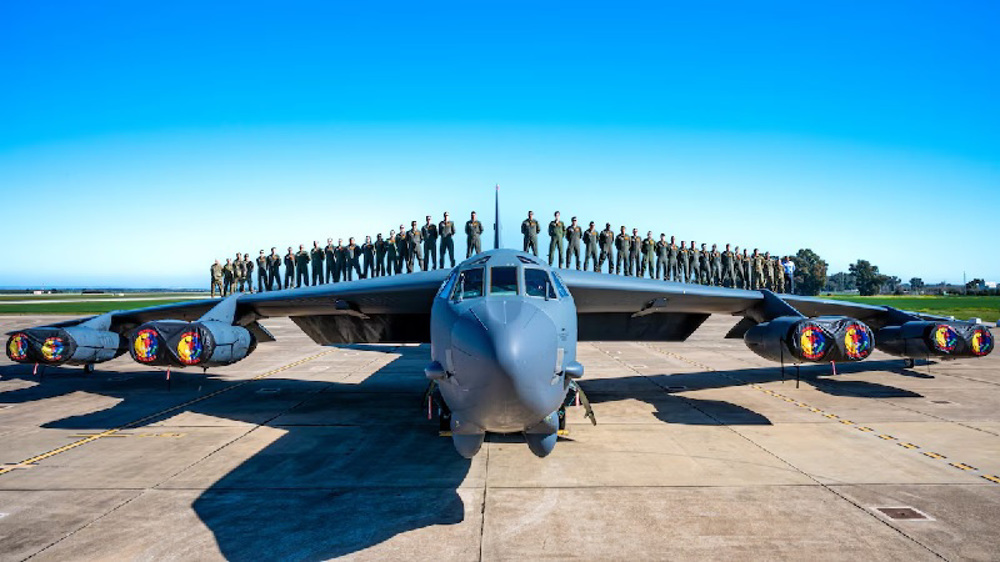

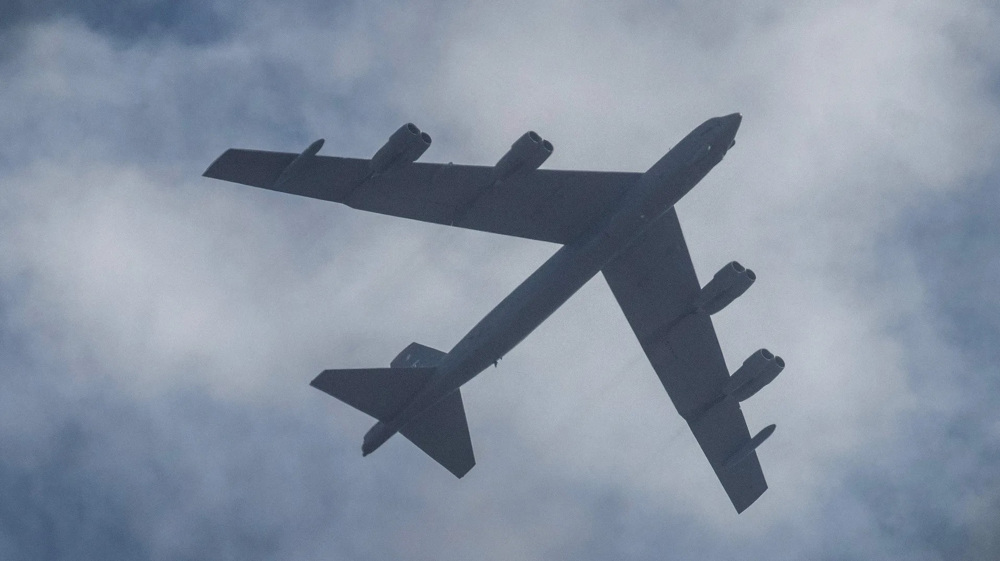



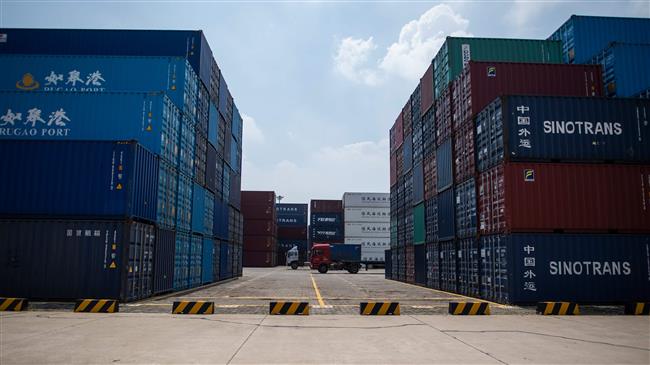
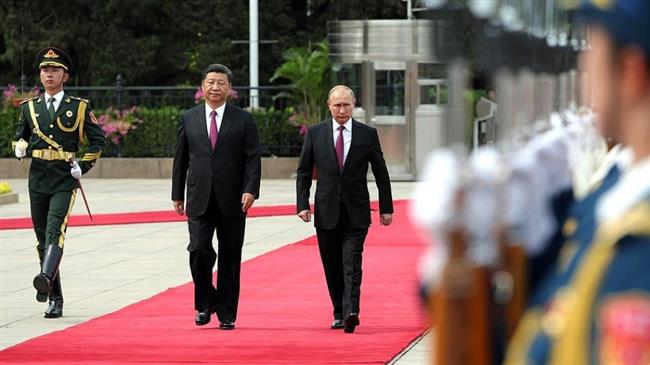
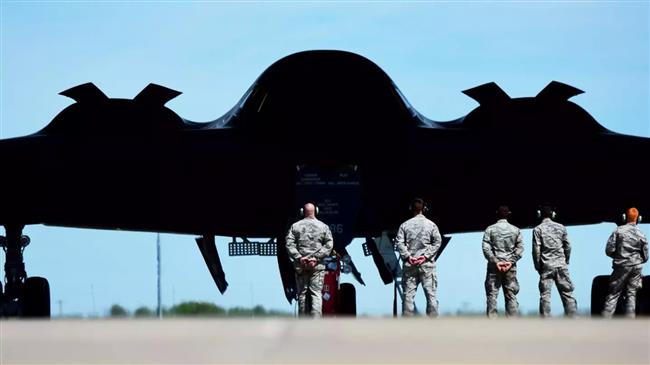

 This makes it easy to access the Press TV website
This makes it easy to access the Press TV website